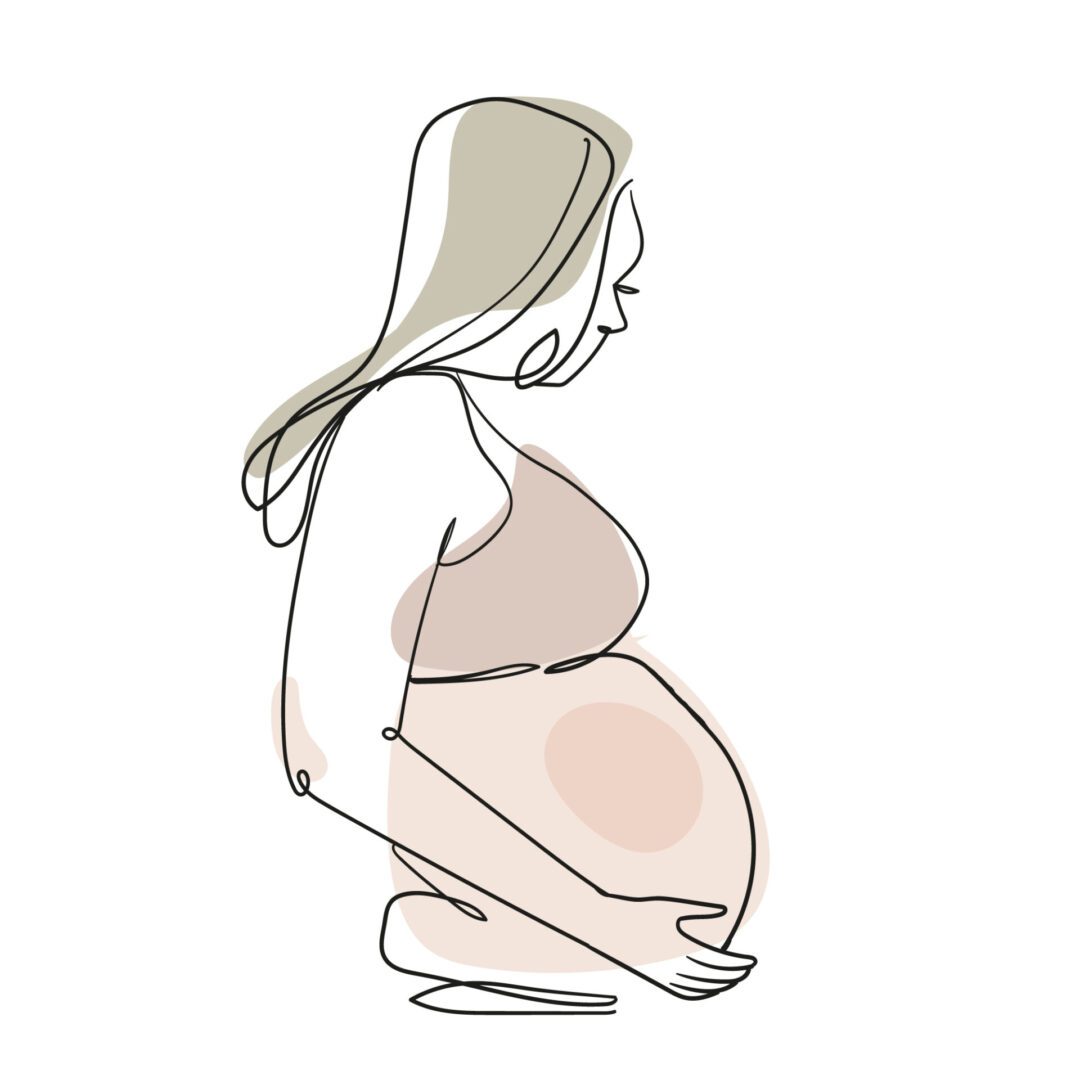Search by Color or Cause


International Group B Strep Awareness Month, observed in July, is a time to increase awareness of Group B Strep. It is also time to promote the need for a cure. And, to spur advocacy on behalf of those suffering with the emotional, financial and physical burden of Group B Strep.
This observance was first created to bring awareness of Group B strep to the general public. Since then it has been a focal opportunity for organizations and individuals around the world. During this observance month, people tell their stories, share information, and promote healthy outcomes for babies worldwide.
International Group B Strep Awareness Month recognizes that approximately one in four pregnant women carry Group B Strep, the leading cause of sepsis and meningitis in newborns, according to the U.S. Centers for Disease Control and Prevention. Group B Strep can also infect babies during pregnancy and the first few months of life. Wear a pink and blue awareness ribbon pin in a personalized or non-personalized version to call attention to Group B strep.
According to the World Health Organization (WHO), each year nearly 20 million pregnant women carry Group B strep (GBS). Although GBS is harmless for most pregnant individuals, it can be extremely serious when it passes to babies during pregnancy. The same is true of during childbirth or in the early weeks of life.
Not all babies exposed to GBS become infected, but, for those who do, the results can be devastating. GBS can cause women to miscarry. It can also cause babies to be stillborn, born prematurely, become very sick, have lifelong handicaps, or die. Even babies born to someone who tests negative can become infected by Group B strep.
GBS most commonly causes invasive infection in the blood (sepsis), the fluid and lining of the brain (meningitis), and lungs (pneumonia). GBS can also cause invasive bone and joint infections. Some iGBS survivors experience handicaps such as blindness, deafness, and mental challenges, and/or cerebral palsy. Only a few babies who are exposed to GBS become infected, but iGBS can cause babies to be miscarried, stillborn, or become very ill and sometimes die after birth.